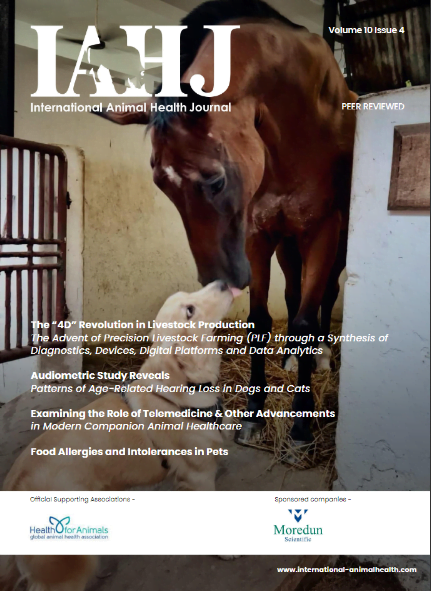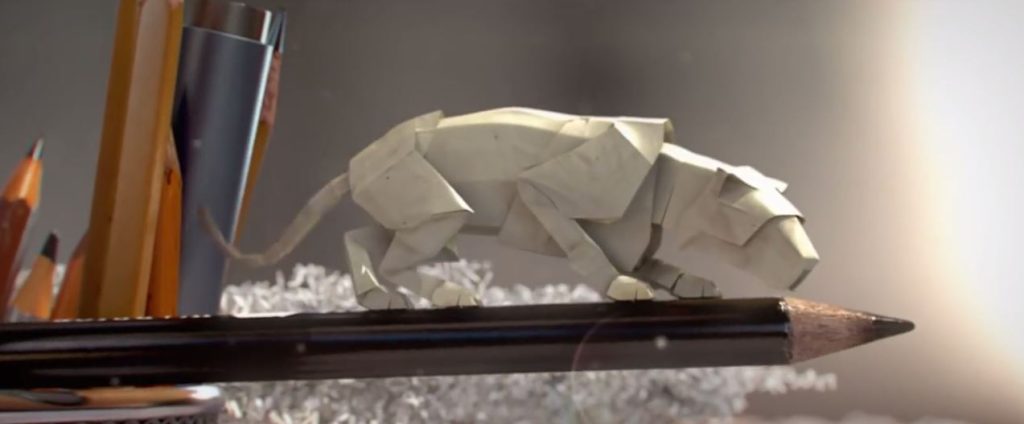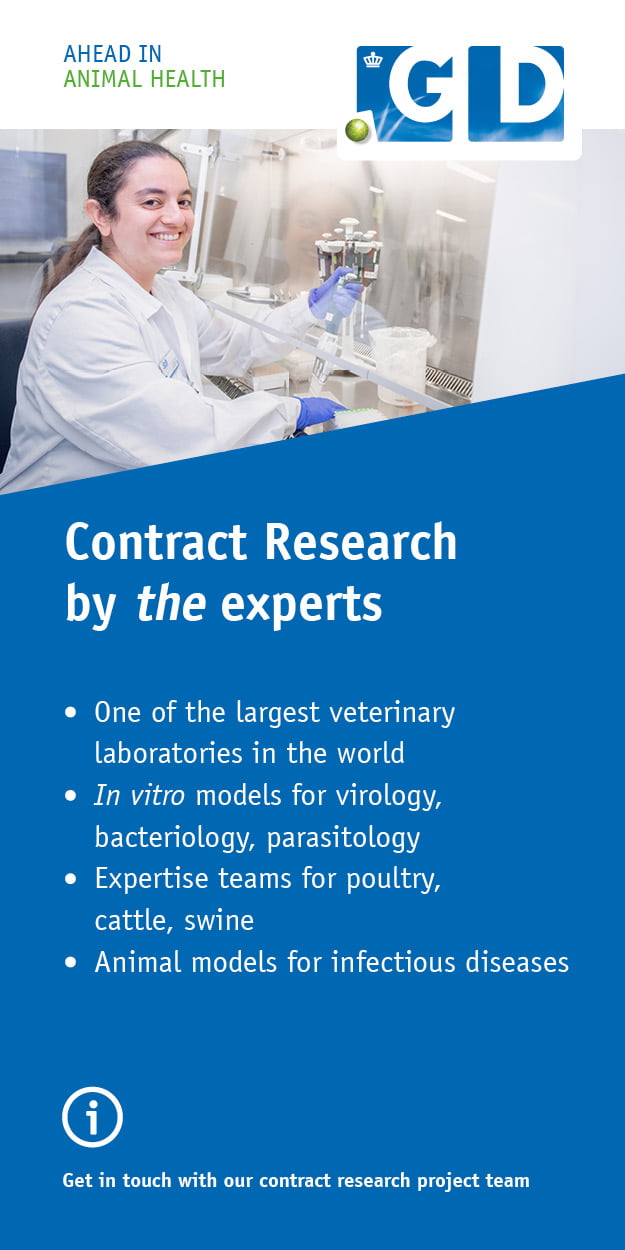
Upon the unveiling of their new Stamford facility, Alltech kindly invited the IAHJ editorial team to view the impressive building and ribbon cutting. We were personally shown the premises by Mrs. Deirdre Lyons, the Co-Founder and Director of Corporate Image and Design. Deirdre’s vision has been executed to the smallest detail, with elegant touches such as graphics depicting the ‘story’ of each department on office doors. A meeting room in the lobby demonstrates their open-door policy, with international flags decorating a glass window in representation of Alltech’s impressive global reach. Deirdre and her son, Mark Lyons, envision this new facility as a showcase office space, where customers and staff alike can experience the Alltech history and story in person. We sat down with Mark, CEO and President, and Alric Blake, the Chief Operating Officer to learn a little more about Alltech’s place in the animal health industry, and their goals for the future.

Tell us a little about Alltech. What are your core offerings in the industry?
Mark: Alltech was founded in 1980. Our business is focused on a natural approach to nutrition, and that through nutrition we can improve the health of animals. That’s really the core of who we are. The company has grown through an organic growth model, up until about 6 or 7 years ago, and then we started to acquire businesses – we’ve acquired 17 businesses since then. Those have essentially doubled the size of the company. A lot of those were us trying to get sciences and technologies into the food industry. We found that there was a block for us at times where it wasn’t obvious where to implement them – we had actually acquired many of our customers, and this was particularly the case in North America. So that has really given us the ability to understand what’s taking place at the farm level, understanding farmer needs and developing new technologies at a faster pace.
We sell products in 120 countries and have 6,000 people. The importance of that is global, you go to these organisations and have local people embedded into the industry, and we still have one global Alltech culture, but not reliant upon any internationality which has set us up globally for the future. We’ve seen a lot of growth in Asia, markets that we know very well. So the company is very much focused on science, with a lot of re-investment into R&D, and we work particularly in one science nutrigenomics, which is the genomic science of nutrition and how nutrition effects gene expression, and that has been a really important area for us to develop. Not only new technologies but to identify what our technologies are actually doing at that genomic level.

What’s your goal or vision with the new Stamford facility? What will its role be in the greater Alltech structure?
Mark: This is one of the primary sites, with Alric Blake as the COO. We also have our European headquarters outside of Dublin. We’ve also had Matthew Smith, one of our Vice Presidents for Asia move back here, and he’s taking on a different role within Europe with our technology platforms. I think people like that, being able to pull these resources, we’re looking at a very collaborative office space; I think that’s the impact it’s going to have – what new ideas can be created. And the UK is going to be an interesting market over the next few years, so if we can do it here, how can we create those re-producible models that we can bring to other markets. We also see that it will be a place where we will have a lot of visitors – when we get customers into a space like this, they really start to see the Alltech story, and it can really be a transformative experience in terms of their Alltech relationship.
In today’s world you have to think about what offices are being used for, and if it’s not creating a customer and employee experience, then it’s not really fulfilling its function.

What are your future plans? What will be your core offering for 2019?
Mark: We’re coming out with this new platform program, we’ve listed 5 main areas that we work in. Every single one of those has some new innovation, so it’s a new version of an old technology or a totally new offering. So it’s going to be exciting to see how those roll out. Another thing that we’re doing is we have a second year of the Pearse Lyons incubator, where we incubate new ideas for the company. We have 10 projects going on right now, 30 people getting outside of Alltech into start up spaces, thinking about things that could be disruptive to the company or ways that we disrupt ourselves, some business challenges we have and how we overcome those. Those will be external, but some will be internal; such as looking at our talent development. We’ve always had a big focus on sustainability, the driving principle of Alltech is the ACE Principle. We want to take a more deliberate look at sustainability within our company, but much more importantly, what our technologies do for our customers. We feel we have a strong advantage in that area.

Can you tell us a little about the ACE Principle – how you plan to use it to support sustainability?
Mark: This is an area I’m particularly passionate about. We started talking about this in 1985, and now we feel like it’s time has arrived. ACE stands for animal, consumer and environment. So the health, welfare and wellness of the animal; the consumer and satisfying the consumer demands, which are always changing – and that’s really where opportunities lie, and we need to be connected to their needs. And then the environment; caring for the environment and communicating how we’re impacting the environment. So, we believe that these 3 things must be in balance. One of the initiatives on that incubator is around sustainability. Because Alltech has done a lot of these things – our products can reduce the environmental impact, and our company, ECO2, can show you the data. And so, that’s a very important aspect of our programme. But I think being again more intentional in terms of our internal practices and helping our customers, because this is becoming a huge topic; it’s a global topic. We did an event in China last year called ‘The Greening of Chinese Agriculture.’ And it was all about these new environmental regulations that are coming in – China has the most pigs in the world. They had 50 million sows when I got there, they have 35 million now. That’s double the North American population that was removed, almost purely through concern around the environment; pollution and waterways. And improvements with productivity of course; the others that mitigated the issue of supply. This is a big topic, and it’s something that as thought leaders in our industry, we need to be encouraging our customers, and providing them with the solutions to overcome that. So, it’s a big topic for us.

How do you correlate big data into the animal health industry?
Mark: There’s a whole host of things. We can monitor not just what an animal is doing in terms of intake, but also in the dairy industry we can monitor the rumination of the animal. So you can predict everything in terms of milk production, fertility, etc which is hugely important. They’re now looking at how animals are moving, facial recognition software. Obviously, there’s a lot of activity with robots and drones. Human interaction with animals – unless they know you – is normally a stressful event for the animal. So a lot of it goes back into the care of the animal.
So you can implement behavioural science in humans and translate that into animal health as well?
Mark: Yes. And a lot of it is just understanding them better, what types of behaviours they’re exhibiting, and what the impact of those could be.
Alric: We think about this in relation to soils now as well. We’re able to identify certain soil conditions, which crops are going to be susceptible to disease or picking up some sort of containments. Then when that toxin forms, we’re able to mitigate or do a risk analysis of what that’s going to mean to the crop. After you can predict what that effect is going to be on the animal. You’re either trying to mitigate it before it happens; and that’s by treating the crop. So knowing what the conditions of the soil and weather are likely to be, and make a predicted test. Or therefore mitigate the risk to produce it thereafter by some nutritional formulations to change and remove some of the toxins.

Let’s talk about technology – people are now talking about artificial intelligence in every aspect of life. How do you see AI affecting the feed and nutrition industry?
Mark: I lived in China for the last 6 years and we have a customer whose working with an entire pig farm that’s utilising all these technologies, including AI. We’re the feed and nutrition partner on that project. What they’re looking at is animal behaviour and correlating that to growth rates in feed conversion but also meat quality and product characteristics, so they can change the processes. All these digital technologies are affecting the industry and I think with AI it will take the longest, and its often countries like China which are moving ahead of anywhere, perhaps with the exclusion of the U.S. For example, with the dairy industry there’s a lot of different things which can be done; these animals live longer, they’re more expensive and the input value is going to change up and down. So that will be a different type of technology.
Are you investing in AI?
Mark: The investment we’re putting in – part of it is effort, part of it is funding. We have a late-stage agtech start-up program called the Pearse Lyons Accelerator as well. We’re coming to the close of our application period just before Christmas and have had over 200 applicants so far – we pick 10, and some of those companies will be involved in those types of areas. We’re funding it in the sense that we give them this certain stipend, we put them on this program, they will be working with us for 3 weeks onsite, and that’ll run up to our conference in Kentucky. There’s a lot of things that Alltech intends to do; it’s about thought leadership, its about connecting with customers. So we really want this to be a place where we connect industry with the technology. Customers rely on Alltech to be knowledgeable in these areas and understand them.

How is Brexit going to affect the agriculture industry within Europe and the UK?
Mark: I think Alltech has always been in good and bad times in terms of politics, and we’re pretty apolitical. We take the approach that being a global company, operating in all these markets, we ultimately understand we’re here for the local customers in each market. So ultimately, we’re here to support them. I think with Brexit there’s going to be market opportunities that will appear, and we want to help the customers take advantage of those, and there will be headwinds. Again, we can use technologies, we can think about things in a different way. We really see the world in a different way in terms of control the controllable, and how do you manage within that and want to encourage customers to do that. We’re opening a facility at a time when maybe other people wouldn’t be, and I think that’s very consistent with what Alltech does. We see opportunities in this market, either way this ends up going, and that’s not our decision or something to influence.
Alric – as the Chief Operating Officer in the company, would you see any problem in your recruitment here in the UK with this impact of Brexit?
Alric: We’re agnostic in terms of where we locate people, because typically the people we bring in will be able to travel around the globe. So were very much a mobile company, in terms of being able to track people, I think that’s more about the offering which you’re able to make. If you’re able to make science and agriculture an exciting prospect, then the ability to attract them is I think quite easy. The ability for them to then travel to the UK or to America or to China, we find to be straightforward and fairly easy. I think if you make the industry attractive enough, and the development of that person attractive enough, then the ability to attract them becomes easy for us. So, it’s not a problem that we as a company are struggling with per se. If anything, it’s something we’re focusing more and more on, because we see more and more opportunities coming through. Alltech founder, Dr. Pearse Lyons used to say, it’s becoming a very sexy industry. As strange as that sounds, it is becoming an industry where, because there’s a purpose, feeding the world in the proper way, creating a sustainable future – things that the world seems to be waking up to, that sense of purpose.
Q&A with Alltech – Unveiling of New Stamford Facility
Animal Health Media © 2024, All Rights Reserved – Powered by Teksyte











